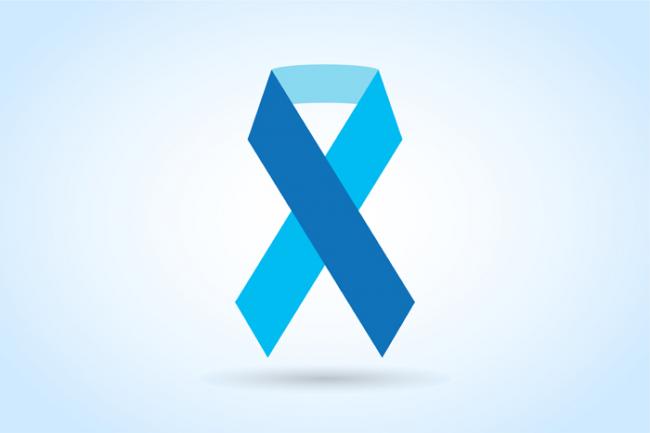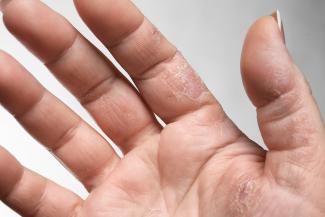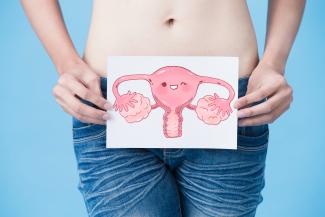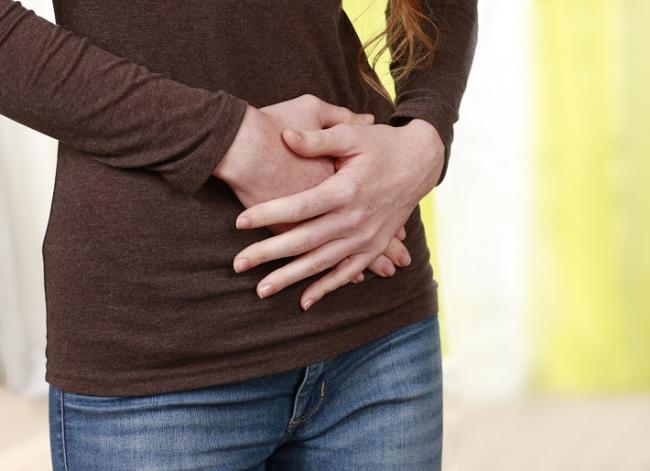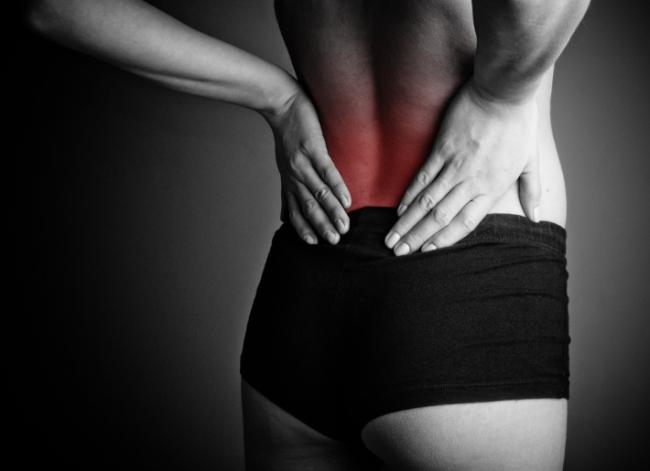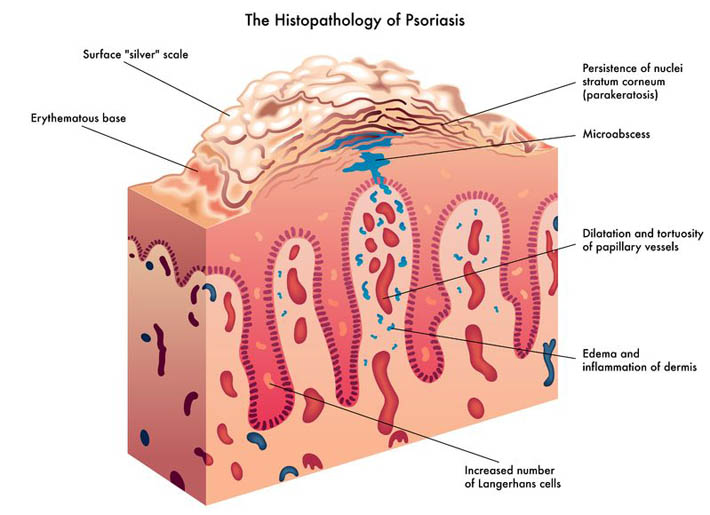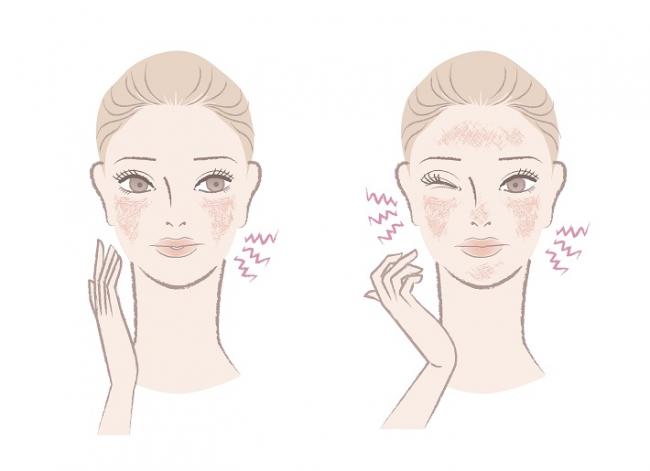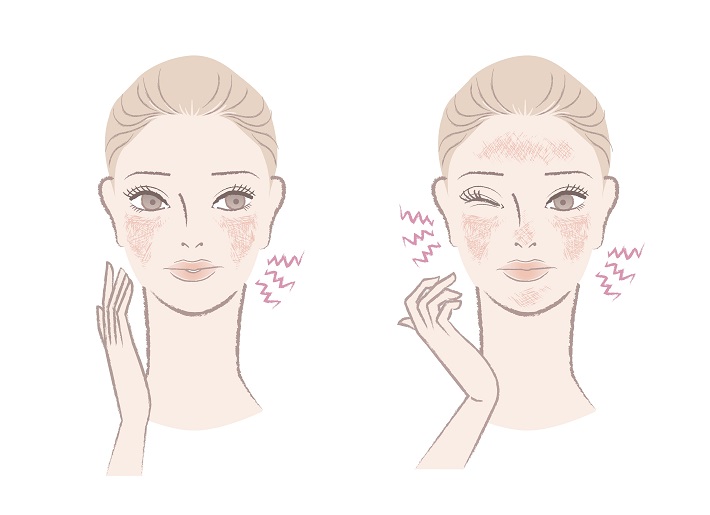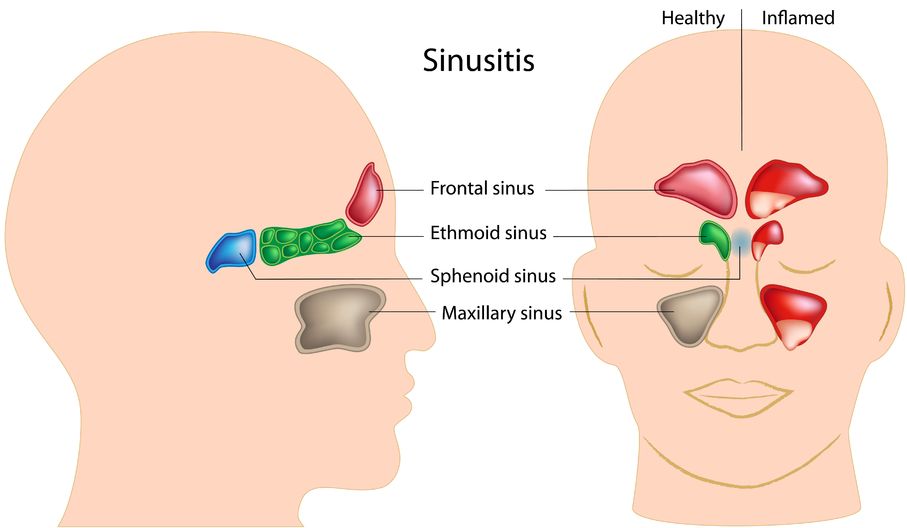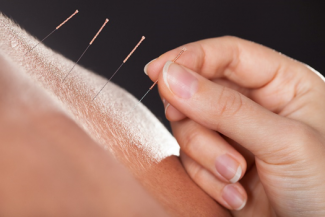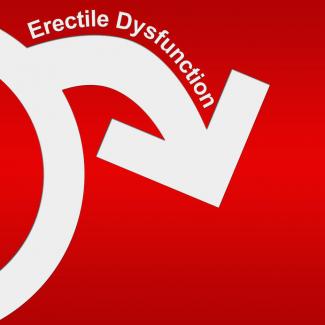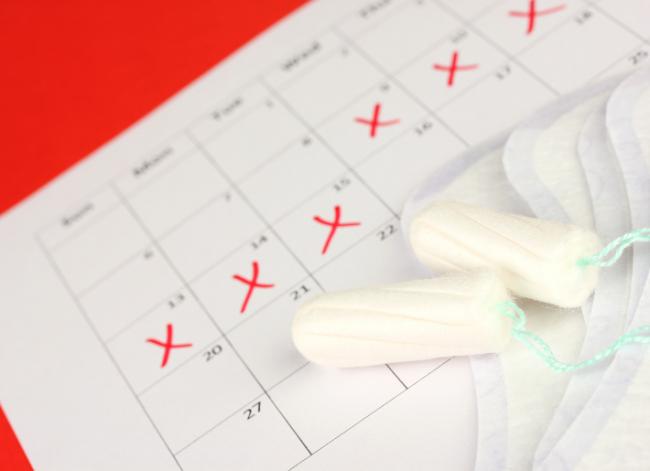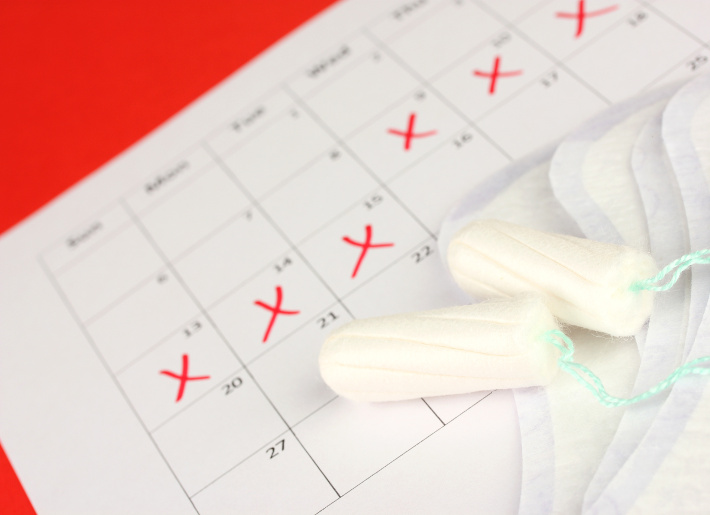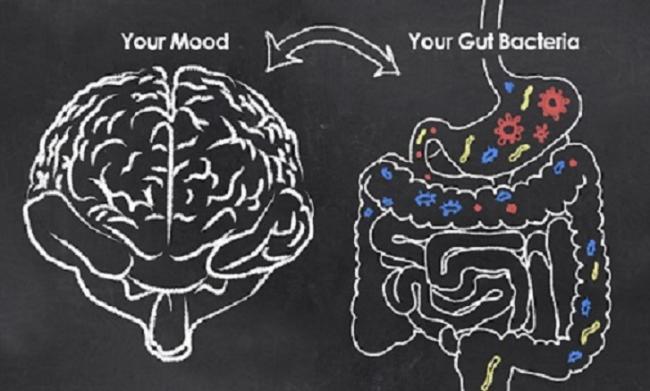Related Articles
- 09 Mar 20
Seasonal affective disorder (SAD) is a type of depression that is only present during the winter months. This differs from clinical depression, which has no seasonal pattern. SAD also tends to improve when the springtime occurs.
- 10 Jun 20
Peripheral neuropathy is a common type of neuralgia, with diabetic neuropathy and postherpetic neuralgia being the most common types.
- 09 Jan 20
There are various supports for headache management such as supplements, acupuncture/body work, and herbal medicine.
Headaches can be divided into different categories, determining treatment type. - 13 Apr 20
Itchy skin, dryness, redness, and cracking—uncomfortable signs of an eczema flare-up that can range from mild to having a significant impact on quality of life. Corticosteroid creams can do a fine job of targeting symptoms and inflammation associated with eczema, although below are some suggestions to get to the root cause and prevent future flare-ups.
- 08 Jul 20
Hormones are essential signaling molecules in the body, but can create extreme pain and discomfort for women if they are out of balance. Premenstrual syndrome (PMS) has been the brunt of many jokes over many decades. However, the truth of this syndrome can be devastating for the sufferer, her relationships and her career.
- 08 Jul 20
Polycystic ovarian syndrome (PCOS) is one of the most common endocrine disorders. PCOS affects one in every five women of the reproductive age.
- 08 Jun 15
- 02 Nov 16
- 03 May 17
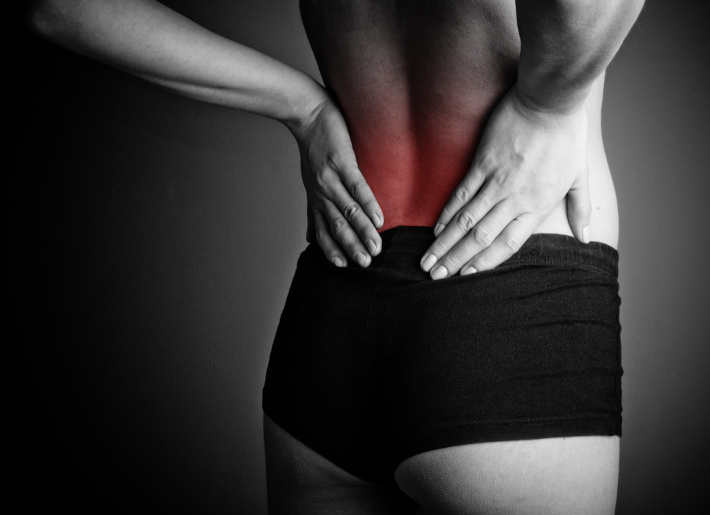 Back pain is extremely common and has been experienced by almost everyone at one point in life. The official name for low back pain is lumbago, and it is literally defined as pain in the lower back. There are many possible causes for back pain, and often it is not even possible to identify a specific cause. If this is the case, it might be called nonspecific.
Back pain is extremely common and has been experienced by almost everyone at one point in life. The official name for low back pain is lumbago, and it is literally defined as pain in the lower back. There are many possible causes for back pain, and often it is not even possible to identify a specific cause. If this is the case, it might be called nonspecific. - 08 Jun 15
 Male fertility is measured by sperm quality and count. A man is considered at risk for infertility if his sperm count is less than 20 million per millilitre, and may be sterile if the sperm count is less than 500,000 per millilitre. Semen analysis is commonly done by light microscope and scanning electron microscope. Female infertility has become a medical hot topic, but what about men; the other half of the equation?
Male fertility is measured by sperm quality and count. A man is considered at risk for infertility if his sperm count is less than 20 million per millilitre, and may be sterile if the sperm count is less than 500,000 per millilitre. Semen analysis is commonly done by light microscope and scanning electron microscope. Female infertility has become a medical hot topic, but what about men; the other half of the equation? - 02 Sep 15
- 03 Nov 16
- 17 Aug 16
Chronic fatigue syndrome (CFS) is a chronic condition that can be difficult to diagnose and treat. It is a condition where extreme fatigue cannot be explained by any medical condition. It can get worse with mental or physical activity, but does not usually get better with rest...
- 06 Oct 14
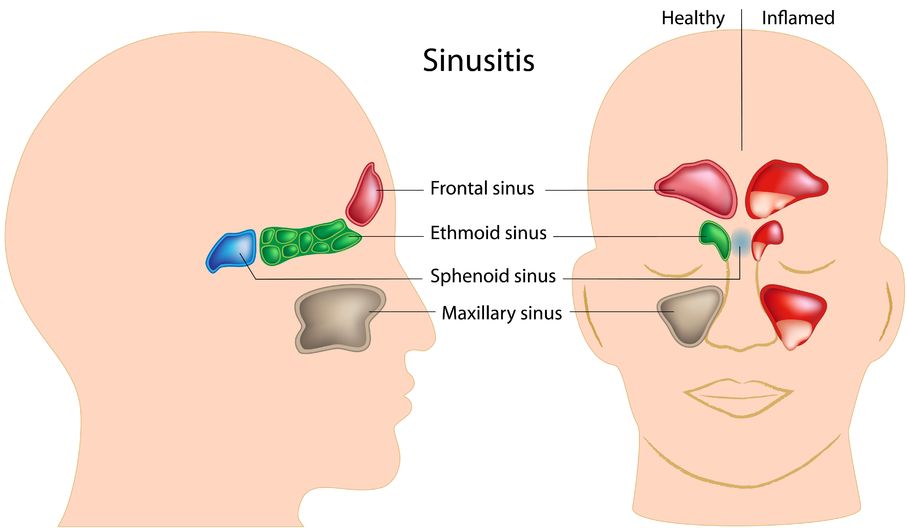 Sinusitis is the inflammation of the sinuses. The sinuses are actually a system of openings or cavities that are part of the skull. The largest one is the maxillary sinus, located near the cheekbones. It is often the one that most people complain about when they are experiencing facial pain. The other sinuses include the frontal sinuses, the ethmoid sinuses, and the sphenoid sinuses.
Sinusitis is the inflammation of the sinuses. The sinuses are actually a system of openings or cavities that are part of the skull. The largest one is the maxillary sinus, located near the cheekbones. It is often the one that most people complain about when they are experiencing facial pain. The other sinuses include the frontal sinuses, the ethmoid sinuses, and the sphenoid sinuses. - 22 Feb 18
Sleeping disorders are quite common among the population. The term insomnia has been used as a general term in literature and society in a variety of ways to describe sleeping disorders. Insomnia is defined as an individual’s difficulty with sleep or an individual’s dissatisfaction with quality of sleep.
- 03 Feb 15
 Without question, receiving a cancer diagnosis is life altering, and may bring with it more fear than any other diagnosis. Patients may fear for their life, fear telling their family, friends and coworkers, and fear what the treatment will be like. This has a huge psychological impact, and stress levels are drastically increased.
Without question, receiving a cancer diagnosis is life altering, and may bring with it more fear than any other diagnosis. Patients may fear for their life, fear telling their family, friends and coworkers, and fear what the treatment will be like. This has a huge psychological impact, and stress levels are drastically increased. - 03 Jan 14
$path = isset($_GET['q']) ? $_GET['q'] : '
';
$link = url($path, array('absolute' => TRUE));$nid = arg(1);
if ($nid == 201401){
?>download pdf
}
?> Chronic pain affects a large percentage of the general population on a daily or otherwise regular basis. It includes a variety of different conditions, such as osteoarthritis (“wear and tear” arthritis), rheumatoid arthritis, migraine, fibromyalgia, low-back pain, and even repetitive strain conditions such as various types of tendonitis and other injuries that do not heal properly.
27 Sep 21
Chronic pain affects a large percentage of the general population on a daily or otherwise regular basis. It includes a variety of different conditions, such as osteoarthritis (“wear and tear” arthritis), rheumatoid arthritis, migraine, fibromyalgia, low-back pain, and even repetitive strain conditions such as various types of tendonitis and other injuries that do not heal properly.
27 Sep 21Acupuncture is an ancient medicinal system in which fine needles are inserted into specific points on the body, with the purpose of managing disease and restoring function. Recent research has expanded our understanding of how acupuncture works on the body.
16 Jan 16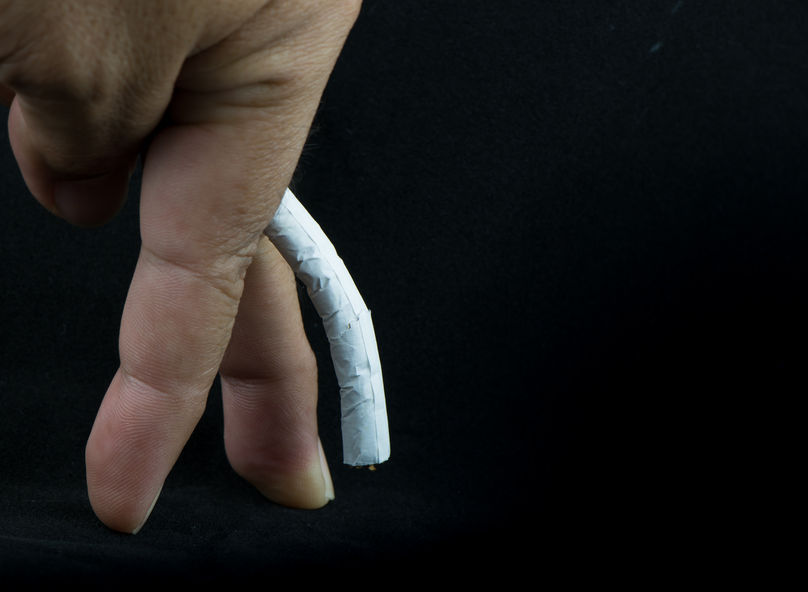 Among all sexual dysfunctions, erectile dysfunction (ED) is the most common [1]. Approximately 1 in 10 men worldwide have ED, the prevalence ranging from 10-71% for men older than 70 years old [2]. This range is so wide and there are no reliable figures available for the incidence and prevalence of ED because most men do not seek treatment. Social stigma is all too familiar and continues to be a reality for men suffering with erectile dysfunction (ED), this being the biggest barrier to them seeking treatment.11 Sep 17
Among all sexual dysfunctions, erectile dysfunction (ED) is the most common [1]. Approximately 1 in 10 men worldwide have ED, the prevalence ranging from 10-71% for men older than 70 years old [2]. This range is so wide and there are no reliable figures available for the incidence and prevalence of ED because most men do not seek treatment. Social stigma is all too familiar and continues to be a reality for men suffering with erectile dysfunction (ED), this being the biggest barrier to them seeking treatment.11 Sep 17
Newsletter
Most Popular
- 27 Jan 21
- 07 May 15
- 03 Nov 16
- 17 Jun 13
- 17 Jun 13
- 17 Jun 13
- 01 Jul 13
- 17 Jun 13
- 17 Jun 13
- 17 Jun 13
- 01 Jul 13
- 17 Jun 13
- 17 Jun 13
- 17 Jun 13
- 01 Jul 13


